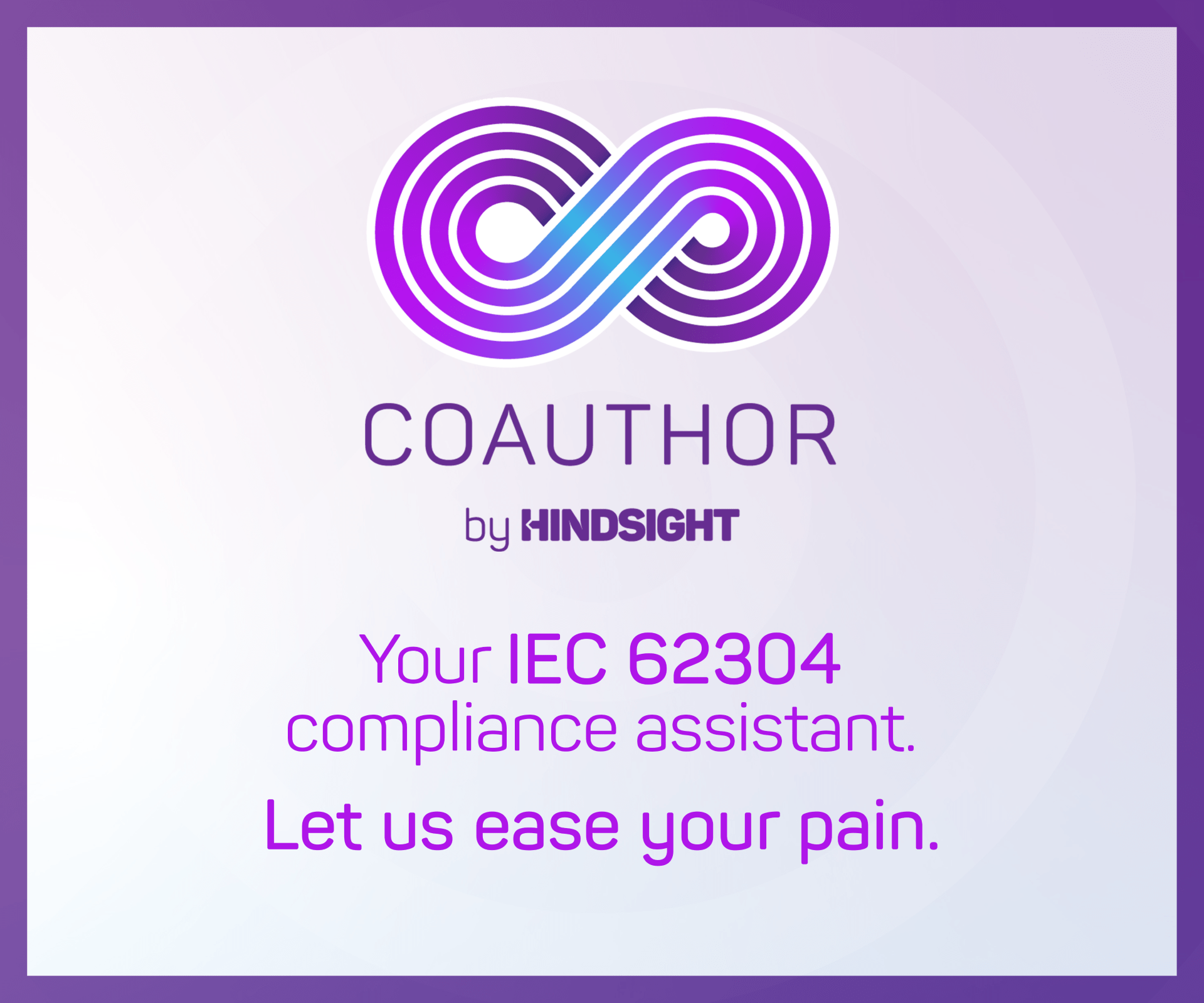
While the NHS has made great advances in adapting to new ways of working both during and post pandemic, half (50%) of Trusts say that complexity of legacy systems and lack of technical expertise are holding them back when it comes to driving further digital improvements, according to recent research from Netcall and Davies.
Lack of senior management focus on driving transformation also ranked highly as a major barrier to improving patient experience, with almost half of NHS Trusts (49%) indicating this to be the case. In addition, more than a third of respondents admitted that conflicting departmental priorities (35%) and an unwillingness to embrace change (34%) present challenges when it comes to building an agile patient experience. Indeed, these factors were of greater concern for the NHS than insufficient budget, cited by just 19% of Trusts.
Over the last 12 months, 96% of NHS Trusts said that the pace of change had either increased or remained the same. When asked to name the top three drivers, pre and post clinical engagements (81%) came out ahead of COVID-19 (74%) as the most recognised change driver. Operational efficiencies was the third most influential factor for transformation, highlighted by 45% of Trusts.
As for patient engagement, email remains the most used communications channel within the NHS (100%), closely followed by outbound telephony, with 90% of Trusts still relying on these more traditional channels. However, three quarters (75%) of NHS Trusts also use social networks, such as Facebook and LinkedIn, as part of an omnichannel experience. Currently, only 10% use chat-based engagement tools (such as WhatsApp, Signal or Slack).
Netcall’s and Davies’ research revealed that two fifths (41%) of NHS Trusts have ambitious plans for omnichannel adoption and a further 34% expressed an appetite but have other business priorities. In addition, Trusts recognise the potential for automated self-service to improve access to routine trivial tasks (58%), facilitate applications for new services or products (46%) and to manage sensitive or confidential matters (39%).
When it comes to future planning, 60% of NHS Trusts are concerned that if they do not transform, they will miss out on opportunities to engage with patients, while half (49%) of Trusts feel compelled to adapt to how patients wish to interact with them in a post-pandemic world. And 46% believe that improvements to patient engagement will enable them to better measure and evaluate interactions.
Richard Farrell, Chief Innovation Officer at Netcall, commented, “The pandemic has brought patient experience to the forefront for the NHS. Over the last two years, Trusts have been forced to adapt to radical new and increasingly digital ways of working at a pace never previously experienced. Faced with waiting list backlogs, Trusts cannot afford to take their foot off the transformation pedal now or for the foreseeable future.
“Sadly, the NHS is synonymous with outdated and complex legacy systems, but this is compounded by lack of technical expertise and leadership focus. Yet, understandably, pressure remains high when it comes delivering patient experience. Patients increasingly expect the same one-click, tech-enabled, on-demand solutions in healthcare that they are familiar with in other areas of their daily lives.”
Louise Young, Patient Hub Programme Director at Netcall, added: “Trusts need a fresh approach handling waiting lists, appointment confirmations, reminders, peri-operative surveys, and discharge follow-ups. Dedicated digital portals provide patients with automated self-service options which allow them to respond to important communication quickly and easily, while enabling Trusts to free their staff from the burden of administering the process. This means they can utilise appointment slots and staff clinical resource more effectively. When it comes to patient experience, we’re seeing that it‘s not just the pace of change that’s important but it’s also about improving transformation – this includes dedication from senior management.”













